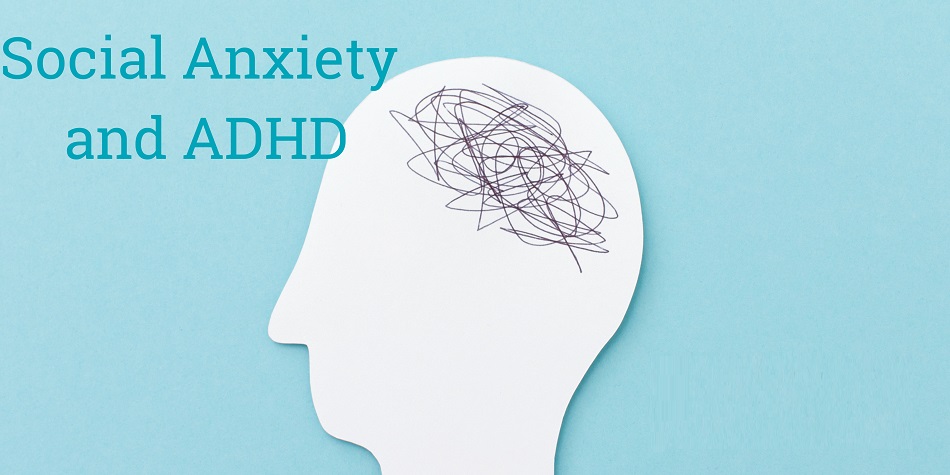Introduction
Embarking on the path to recovery from substance abuse is a courageous step, often beginning with the detoxification (detox) process. Detox is a critical phase in the journey towards sobriety, involving the elimination of addictive substances from the body. Understanding what to expect during this process can significantly prepare individuals for a smoother transition into recovery.
The Detox Process Explained
Initial Assessment
The detox journey typically starts with an assessment by medical professionals. This evaluation is crucial for creating a tailored detox plan, considering factors like the type of substance used, duration of use, and the individual’s medical history.
Withdrawal Symptoms
Withdrawal is a core component of detox, where the body adjusts to functioning without the substance. Symptoms can range from mild (such as headaches and anxiety) to severe (like seizures or delirium). The intensity and duration of withdrawal symptoms vary based on the substance and the level of dependency.
Navigating Through Detox
Medical Supervision
Detox should ideally be conducted under medical supervision, like at a drug detox center, to manage withdrawal symptoms safely. Healthcare professionals can provide medications and support to ease the symptoms and ensure the patient’s safety.
Physical and Emotional Support
Support during detox isn’t just medical. Emotional and psychological support is vital, as detox can be a mentally challenging experience. Counseling and therapy are often part of the detox process to help individuals cope with emotional and psychological challenges.
Nutrition and Hydration
Proper nutrition and hydration are essential during detox. A balanced diet and adequate fluids can aid the body’s healing process, helping to restore physical health and improve overall well-being.
Post-Detox: The Road to Recovery
Transitioning to Treatment
Detox is just the first step in addiction recovery. Post-detox, transitioning into a comprehensive treatment program is crucial for long-term recovery. These programs often include therapy, counseling, and support groups.
Developing a Relapse Prevention Plan
A critical aspect of post-detox is developing a relapse prevention plan. This includes identifying triggers, learning coping strategies, and establishing a support system to maintain sobriety.
The Importance of Choosing the Right Detox Facility
Personalized Care
Selecting the right detox facility is crucial. Facilities that offer personalized care and tailor their programs to individual needs can significantly impact the effectiveness of the detox process.
Continuity of Care
A facility that provides continuity of care, from detox to rehabilitation, can ensure a smoother transition and a more cohesive recovery journey.
Conclusion
Detox is a pivotal first step in the journey towards recovery from addiction. It involves facing challenges, both physical and emotional, but with the right support and care, it can be the foundation of a successful transition to a sober life. Understanding what to expect and choosing the right drug detox center are critical elements in this journey. As daunting as it may seem, detox is a path to a new beginning, paving the way for healing and long-term recovery.
For more information on the detox process and what to expect, resources like SAMHSA’s guide on substance abuse treatment and Mayo Clinic’s overview of drug addiction treatment offer valuable insights and guidance.





